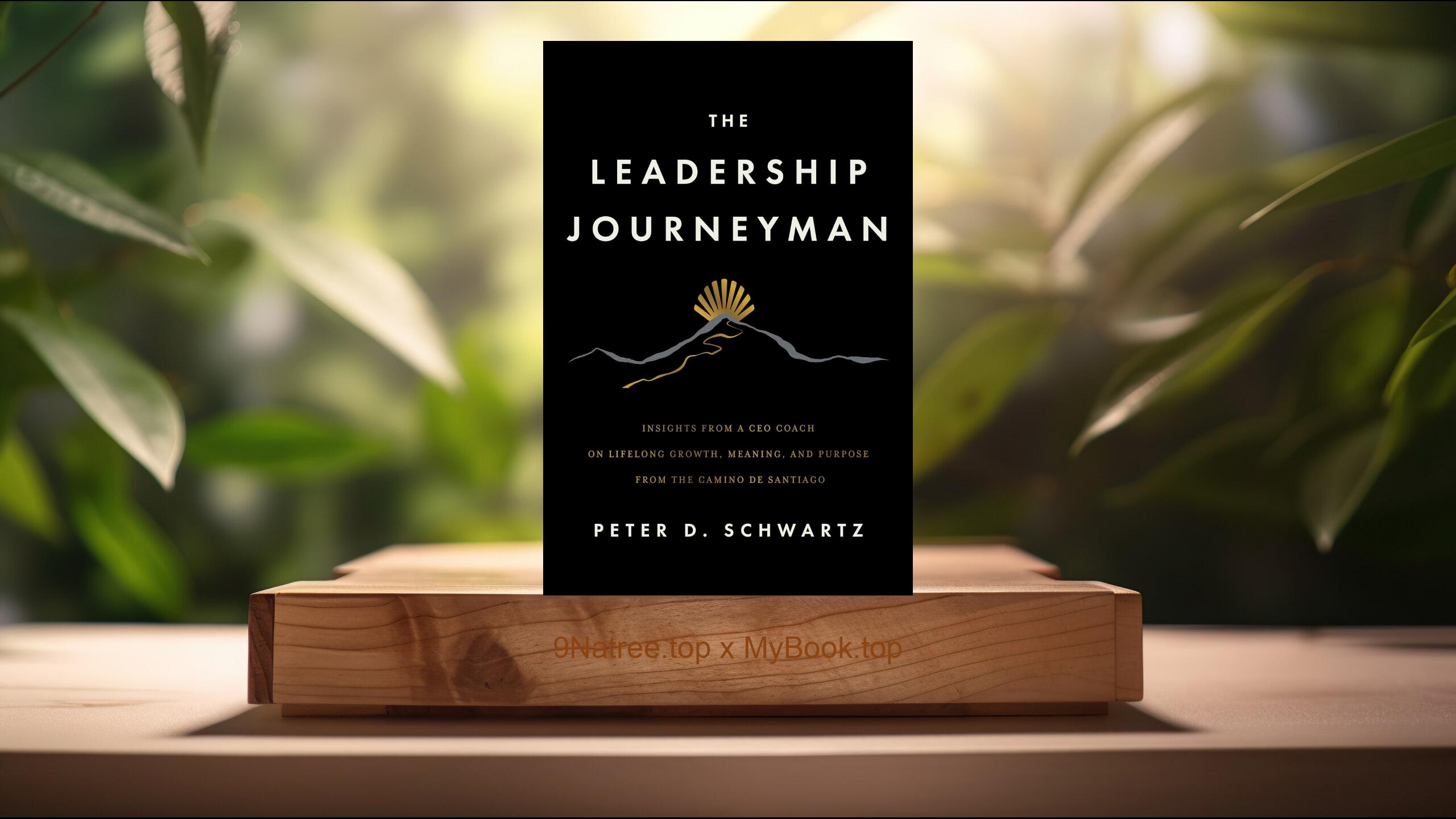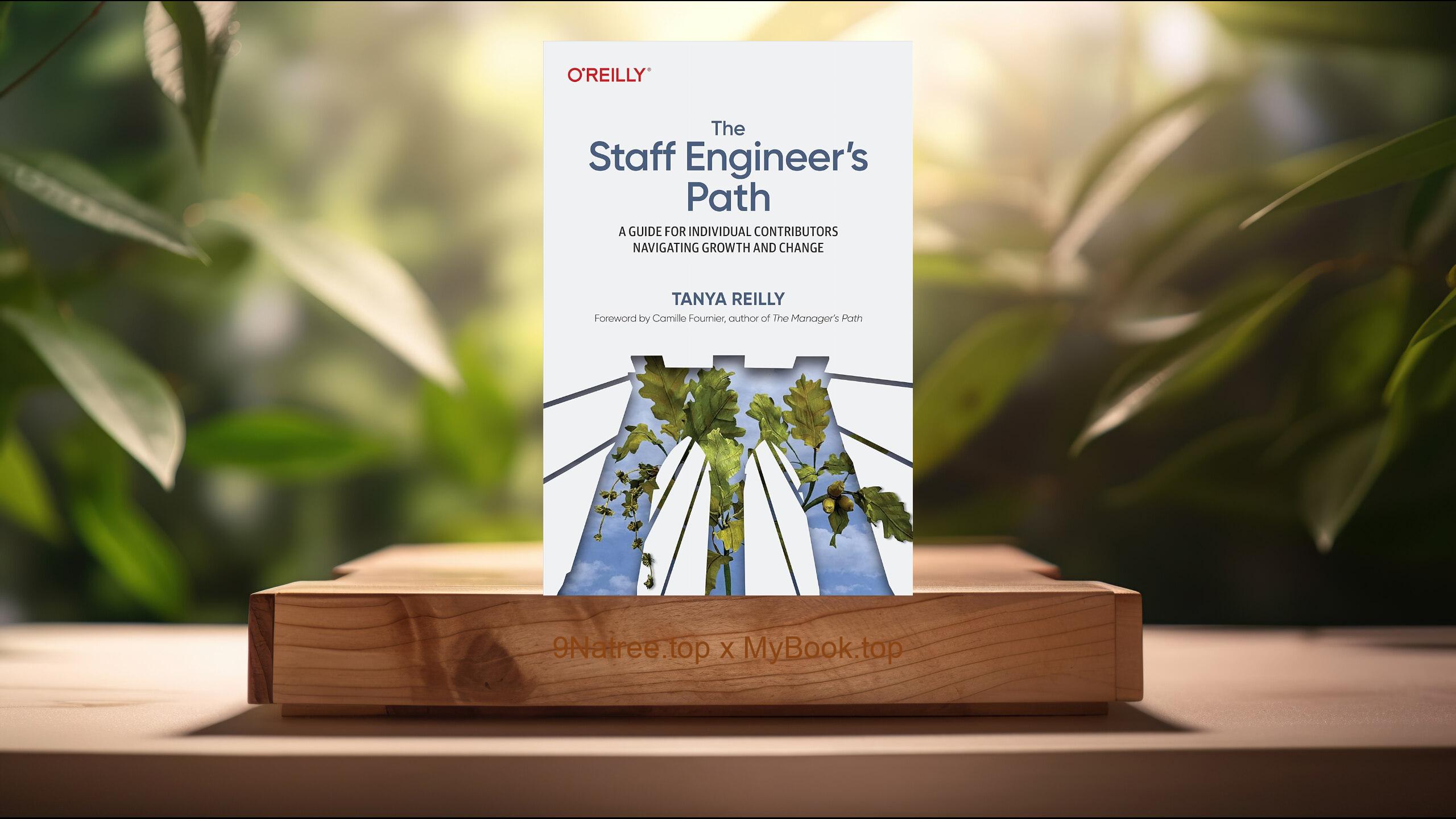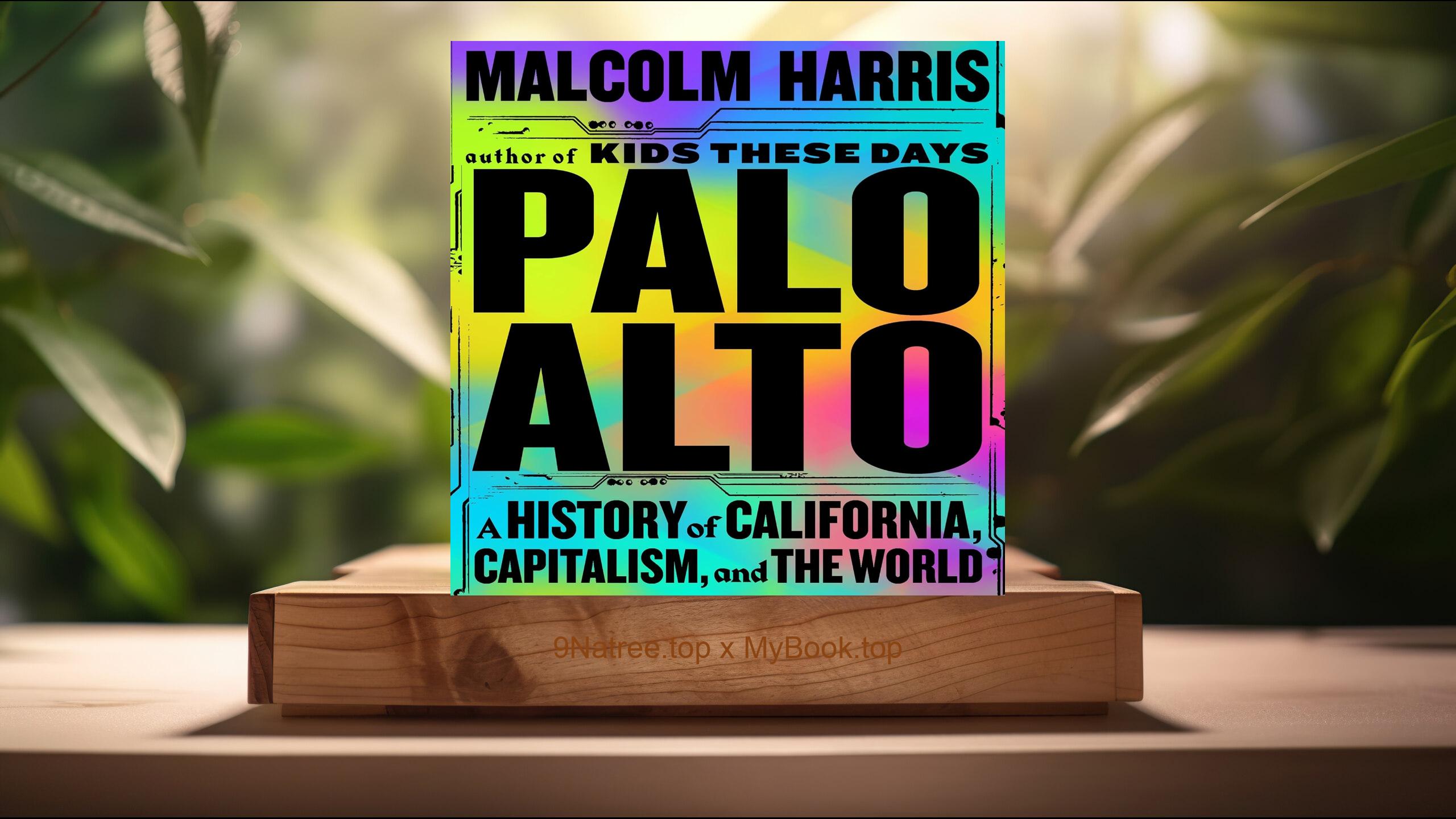Show Notes
- Amazon US Store: https://www.amazon.com/dp/B01824YMCM?tag=9natree-20
- Amazon Worldwide Store: https://global.buys.trade/I-Contain-Multitudes-Ed-Yong.html
- Apple Books: https://books.apple.com/us/audiobook/i-contain-multitudes/id1441457681?itsct=books_box_link&itscg=30200&ls=1&at=1001l3bAw&ct=9natree
- eBay: https://www.ebay.com/sch/i.html?_nkw=I+Contain+Multitudes+Ed+Yong+&mkcid=1&mkrid=711-53200-19255-0&siteid=0&campid=5339060787&customid=9natree&toolid=10001&mkevt=1
- Read more: https://mybook.top/read/B01824YMCM/
#microbiome #humanhealth #ecosystembiodiversity #ethicalimplications #scientificresearch #IContainMultitudes
These are takeaways from this book.
Firstly, The Human Microbiome, A central topic in 'I Contain Multitudes' is the human microbiome. This term refers to all the microorganisms, including bacteria, viruses, fungi, and protozoa, that live inside and on the human body. Yong skillfully explains how these organisms are not merely passersby; they form complex communities that interact with our bodies in myriad ways, influencing everything from our metabolism to our mood. The book details cutting-edge science that reveals how the microbiome develops from birth and adapts over a lifetime, impacting our susceptibility to diseases ranging from allergies to obesity. By understanding the human microbiome, we glimpse a revolutionary approach to medicine, one that treats the body as an ecosystem to be tended rather than a machine to be fixed.
Secondly, Microbes and Our Health, Ed Yong dives into the profound impact microbes have on our health. This segment of the book catalogs various research studies that demonstrate the critical role microbes play in our immune system, digestion, and even mental health. One of the fascinating aspects Yong explores is the concept of hygiene hypothesis, which theorizes that a lack of early childhood exposure to a variety of microbes may lead to an increased susceptibility to allergies and autoimmune diseases. The narrative is peppered with anecdotes and accessible explanations of complex scientific studies, making the profound interconnection between microbial life and human health comprehensible and engaging to readers.
Thirdly, Microbial Interactions and Biodiversity, This topic expands on how microbes interact not only within our bodies but also within ecological systems. Yong explores the importance of microbial diversity in maintaining the health of Earth’s various ecosystems. He provides vivid examples, from the gut flora of humans and other animals to microbial communities in the ocean and soils. By fostering a diverse microbiome, these ecosystems can flourish and perform essential functions such as nutrient cycling, and degradation of pollutants. The book also raises awareness about the implications of reducing microbial diversity, highlighting the potential consequences for planetary and human health.
Fourthly, Implications for Science and Medicine, Yong discusses the revolutionary implications that understanding the microbiome holds for science and medicine. He emphasizes how traditional medical approaches that focus on eradicating microbes may need revaluation. For instance, indiscriminate use of antibiotics can disrupt the delicate balance of the microbiome, leading to health issues such as antibiotic-resistant infections and chronic diseases. Yong calls for a paradigm shift towards therapies that bolster beneficial microbes and restore balance to the microbiome. These insights challenge the prevailing medical ethos and propose a more nuanced approach to health and disease.
Lastly, Ethical and Social Considerations, Ed Yong doesn’t shy away from discussing the ethical and social dimensions arising from microbiome research. Issues such as privacy concerns related to microbial data, biopolitics of microbial manipulation, and the socioeconomic factors influencing microbiome health are explored. This discussion deepens readers' understanding of the wide-reaching implications that microbial research and manipulation have on society. This raises critical questions about how we regulate and apply microbiome research, ensuring it benefits all sections of society without exacerbating existing inequalities.
![[Review] I Contain Multitudes (Ed Yong) Summarized](https://episodes.castos.com/660078c6833215-59505987/images/1884341/c1a-085k3-9j019qk0f56v-croqle.jpg)




